The Cleveland Police Monitoring Team is charged with overseeing implementation of the Consent Decree and helping the Court and City of Cleveland gauge whether the Decree's requirements are taking hold in practice – in the real world and across Cleveland's communities.
The Cleveland Police Monitoring Team oversees, on behalf of Judge Solomon Oliver, Jr., the day-to-day efforts of the City and Cleveland Division of Police (the "Division" or "CPD") toward complying with the reforms required by the Consent Decree.
The Monitor and his Team play many different roles. One role is that of arbiter. The Consent Decree indicates that the Monitor "will assess and report whether the requirements of this Agreement have been implemented, and whether this implementation is resulting in constitutional and effective policing, professional treatment of individuals, and increased community trust of CDP." (¶ 350). This means that the Monitor reviews, provides feedback on, and ultimately recommends approval or disapproval to the Court of changes in policy, training, procedure, and other practices within the Division of Police.
The Monitoring Team has many roles – including arbiter, advisor, and facilitator.
A second role is that of technical advisor. The Cleveland Police Monitoring Team's goal is for the Division of Police to benefit from the decades of law enforcement, monitoring, and organizational change experience of the Team's members. As the Division crafts new policies or revamps particular practices, the Monitoring Team will, wherever possible, provide information about best practices, discuss what has worked and not worked well in other cities to address similar issues, and make expectations clear from the beginning. The Team's goal is for efficient and effective progress – with the ultimate goals never a surprise.
Another role of the Monitoring Team is that of facilitator. The Consent Decree involves a host of interrelated reforms. To ensure that all stakeholders, from within the Division and across the Cleveland community, are heard and can participate in the Consent Decree process, the Monitoring Team works with the City, Division, Department of Justice, and Court to provide a framework and process for implementing the Decree. Likewise, the Monitoring Team will organize and lead meetings, summits, discussions, and educational forums throughout Cleveland aimed toward involving the Cleveland community in all aspects of the reform process.
The Monitor and Monitoring Team are not a substitute for the Chief of Police, Director of Public Safety, Mayor, or City Council. At the same time, the Monitoring Team is not an arm of the Department of Justice. Instead, we serve as truly independent monitors and an agent of the federal court overseeing the Consent Decree.
Although the Monitor cannot take specific actions on particular incidents, the goal of the Consent Decree is to make overall, systemic changes to the Division that both lead to and reflect a new, shared vision of policing in Cleveland.
Likewise, the Team does not have the authority, jurisdiction, or ability to take specific actions on particular cases or incidents. The Team cannot bring criminal charges against either citizens or police officers. It is not a substitute for local prosecutors. Likewise, the Team cannot intervene in employment or disciplinary issues within the Division. It is not a substitute for the formal disciplinary process and cannot override the decisions of the Division, City, or arbitrators.
However, the Team is charged with assessing whether the Division is effectively implementing the overall, systemic changes to how it functions that the Consent Decree requires. This will include changes to how the Division's internal investigations of officer behavior and performance function, including the disciplinary system.
In short, the Monitor is charged with overseeing overall, long-term reforms required by the Consent Decree so that, in the future, policing in Cleveland is effective, safe, constitutional, and consistent with the values of Cleveland's diverse communities.

